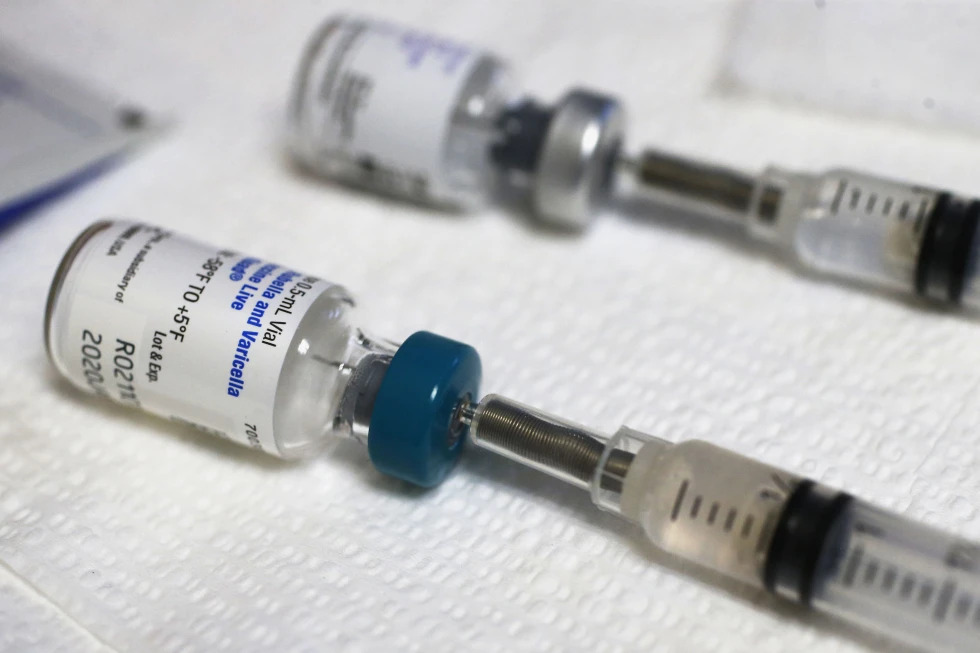Men, are you ready for a Pap smear?
Human papillomavirus (HPV) is the leading cause of cervical cancer among young women, in case you haven’t heard. This virus, however, is also responsible for anal cancer and oral cancer in the throat and head. Oral sex has led to an increase in oral cancer which has now surpassed the rate of smokers. I swear I didn’t make this up.
With increased awareness and preventatives, cervical cancer rates are declining, but HPV-related oral cancers continue to rise. Unlike cervical cancer, however, oral cancer caused by this virus is most common in men. This raises new concern for HPV prevention in males, which was previously overlooked by the widespread cervical cancer cases.
Strains HPV-16 and HPV-18 of the virus are known to cause 95 percent of cervical cancers. HPV vaccines, such as Gardisil, protect against these but do not protect against all strains.
Research at Ohio State’s Comprehensive Cancer Research Center found that HPV-related oral cancer rates have risen 225 percent since the 1980s. As more research surfaced about this virus and its relation to cervical cancer, vaccinations for young women became almost protocol in the United States, and mandatory in countries like Mexico.
Young women are urged to get vaccinated, but these preventatives are also approved for young men to protect against harmful strains, particularly for anal cancers.
Although the vaccinations have not been proven to protect against oral cancer, it wouldn’t hurt. If you’re sexually active, these precautions should be taken for both you and your partner’s health and safety. This virus often shows few or no signs as it continues to spread. You or your partner, whether committed or not, may have this potentially deadly virus and not even know it.
I’m not trying to scare you with STD statistics. It’s just common sense. If you’re sexually active, you’re putting yourself and others at risk whether you want to admit it or not. Unfortunately, some adults don’t realize the responsibility this entails.
Many guys tend not to worry about curable sexually transmitted infections, but many more probably aren’t even aware they have one.
Yes, guys get HPV. Yes, both men and women spread it. And yes, guys can develop cancer from this virus.
I obviously don’t know all there is to know about HPV, but I encourage you to further explore the world of STDs not by experience, but by educating yourself.
If you are sexually active, male or female, look into HPV preventatives. The Centers for Disease Control and Prevention offer information and statistics and your health provider can answer any crazy questions you could possibly ask. The Student Health Center on campus can also provides information and medical assistance for students interested in such.
Clearly both men and women are responsible for spreading this virus, as is the case for all STDs. Although most HPV strains are cleared by the body naturally, it typically takes two years and often goes unnoticed. During this time it is spread from partner to partner, and if it happens to be one of the high-risk strains, this can become life-threatening.
Even if you aren’t having intercourse, oral sex can spread these infections, whether you’re giving or receiving. Condoms can be used to protect against HPV, but honestly, how often are they used for oral sex?
If you thought smokers were the only ones at risk, think again.
Gabie Bacques is a 21-year-old animal science senior from Mandeville. Follow her on Twitter @TDR_Gbacques.
____
Contact Gabie Bacques at [email protected]
SENSITIVE CONTENT: The G-Spot: Oral sex more likely to give you throat cancer than smoking
November 5, 2011






